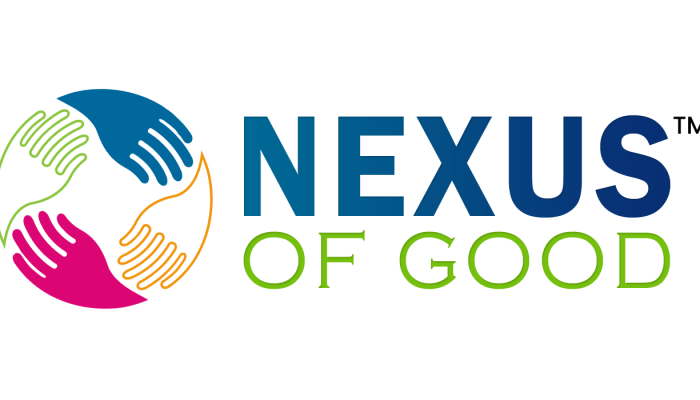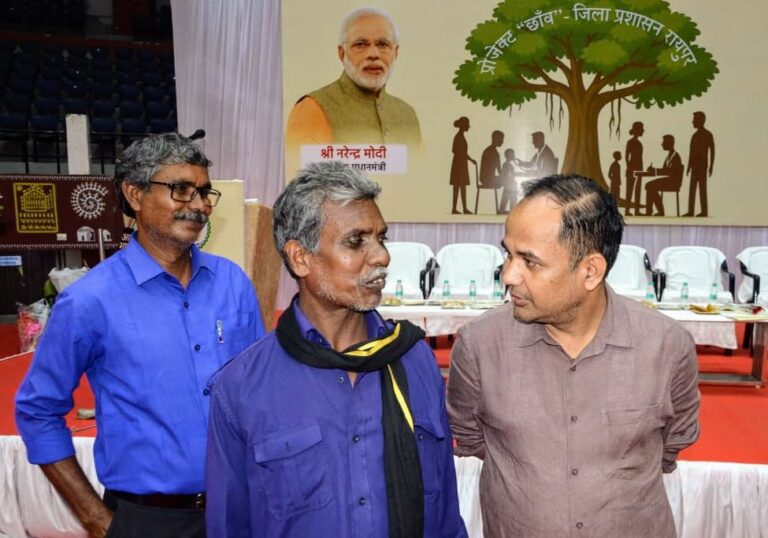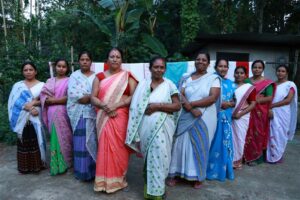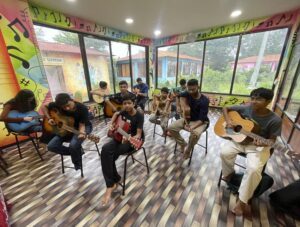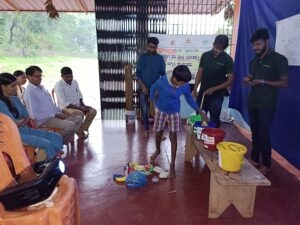Every morning, as Raipur stirs to life and official corridors fill with the rhythms of public service, countless government employees begin their long day, often leaving their own health unattended. Kavita Sahu, a Revenue Inspector, is one such example. Between demanding hours at the Revenue Office and responsibilities at home, Kavita has been ignoring a nagging feeling that she is long overdue for an eye check-up. Like many public servants, their well-being has quietly taken a backseat to their commitment to serve. But one Sunday in July, something changed.
The Raipur District Administration, led by Shri. Gaurav Singh, Collector, launched a landmark initiative titled Project Chhanv. Designed exclusively for government employees and their families, the project marks a paradigm shift in how the system cares for its own. It offers a comprehensive, camp-based model that brings essential health and civic services directly to the doorsteps of public servants, minimizing disruption and maximizing care.
This unique initiative started under the guidance of the State’s Chief Minister, Shri. Vishnu Deo Sai, and organized in collaboration with Raipur Smart City, witnessed participation across all levels of the government machinery, from grassroots workers such as Kotwars and revenue staff to senior bureaucrats, all attending alongside their family members. And leading by example, Shri. Gaurav Singh himself underwent a health screening along with his wife and mother. His involvement sent a powerful message: that inclusivity begins at the top.
“Project Chhanv is more than a health camp, it is a model of integrated, accessible governance designed to respect the time and service of those who keep the system running,” said Shri. Gaurav Singh, Collector, Raipur. “By making these services convenient and inclusive, we aim to create a culture where care is not a privilege, but a practice.”
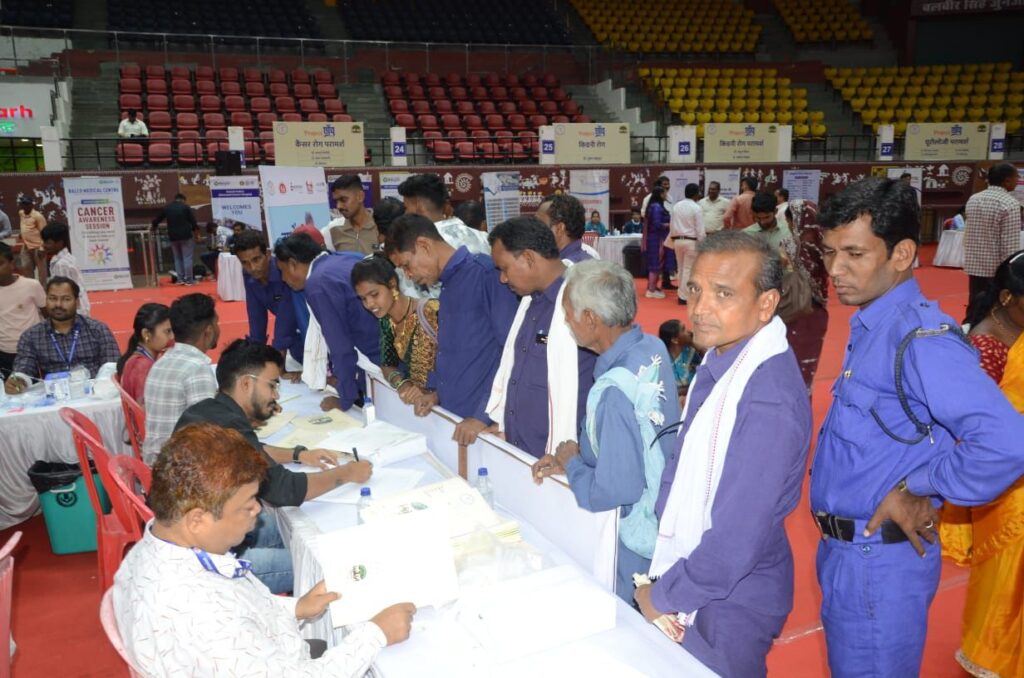
Highlighting the personal impact, Revenue Inspector Kavita Sahu shared, “As someone who constantly moves between field and office duties, I never found time for an eye check-up. But here, I was able to get a free eye test and even received prescription glasses. I’m sincerely thankful to the administration and the Chief Minister.”
The scale of the initiative was both ambitious and humane. Mobile diagnostic vans offering services such as Mammography, ECG, Echocardiography, Ultrasonography, and Blood Analysis were stationed on-site, ensuring no participant had to travel elsewhere for medical attention. A dedicated team of health professionals facilitated efficient screenings. But Project Chhanv didn’t stop at healthcare. The camp also provided a single-window platform for Aadhaar enrolments, Ayushman card generation, driver’s license applications, labour welfare card registrations, and access to other vital documentation and citizen services, all under one roof.
What sets Project Chhanv apart is its responsiveness to the real, often unspoken, needs of public servants. For frontline workers in remote areas or those with demanding schedules, routine check-ups and document-related formalities can be nearly impossible to prioritize. This initiative bridges that gap proactively.
Take, for example, the experience of Chammandas Manikpuri, the Kotwar of Village Kodapar, who shared his appreciation: “I received a great deal of benefit from the health services provided through Project Chhanv, and I’m grateful to the District Administration and the Hon’ble Chief Minister for this opportunity.”
For Manoj Kumar Dewangan, working at the Tehsil Office in Aarang, the initiative brought peace of mind for his family: “I was able to get a thorough health check-up done for my child, and the attending doctors provided timely medication. I’m truly thankful for this.”
Project Chhanv is expected to be institutionalised across departments, with designated days for various office clusters, ensuring rotational coverage without affecting official duties. The goal is to create a sustainable, replicable model for public servant welfare, one that may soon inspire similar action across Chhattisgarh and even nationwide.
Raipur’s example proves that governance can evolve, from being reactive and document-driven to being humane and service-oriented. It reinforces a simple but often overlooked truth: those who serve the public deserve to be cared for, not just as employees but as individuals with families, health concerns, and human needs.
In the humble smile of a Kotwar after a long-overdue check-up, in the relieved expression of an officer’s spouse receiving medical guidance, and in the visible commitment of a Collector who shares the experience with his own family, Project Chhanv reveals its true success. It reminds us that good governance begins not with grand reforms, but with compassion, accessibility, and the will to act.
